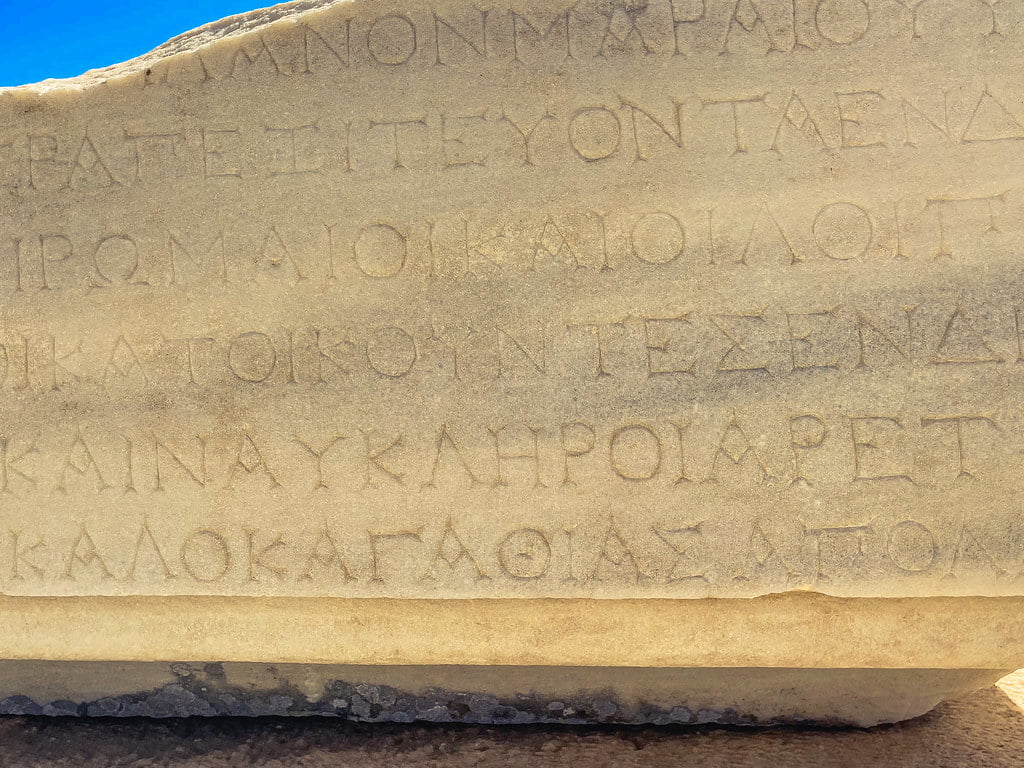Some of the most popular Winter Festivals include Oneiroupoli in Drama and the lively festivities in Ioannina. Let’s explore their history and discover why these events continue to be cherished highlights of the season.
Oneiroupoli: The Dreamland of Drama
Nestled in northern Greece, Drama is a town known for its lush natural beauty and rich traditions. But come December, it transforms into Oneiroupoli, the “Dream City.” This festival began in the early 2000s, inspired by a desire to create a magical space for families and communities to celebrate the holiday season together.
Set in the city’s Municipal Garden, Oneiroupoli features a sprawling Christmas village straight out of a storybook. Wooden cabins, twinkling lights, and whimsical decorations set the stage for a month-long celebration. From artisan markets and live music to children’s activities and delicious food stalls, there’s something for everyone.
While its roots are modern, the festival draws on Greece’s enduring love for storytelling and community gatherings. Drama has always been a cultural hub, and Oneiroupoli reflects this heritage by bringing people together to share moments of joy. Over the years, it has become one of the most famous Christmas festivals in Greece, attracting visitors from across the country and beyond.
Ioannina’s Winter Revelries
Ioannina, a city steeped in history and surrounded by the dramatic landscapes of Epirus, knows how to embrace the winter season with flair. The city’s winter celebrations have a deep connection to its past, blending Byzantine influences with regional folklore.
One of the highlights is the Christmas Village of Ioannina, set around Lake Pamvotida, the city’s shimmering centerpiece. The festival features illuminated pathways, cultural performances, and traditional Epirus delicacies. But Ioannina’s winter festivities aren’t just about Christmas; they also incorporate Carnival-like elements in February, echoing ancient traditions that honor the changing of the seasons.
Ioannina has long been a crossroads of cultures, and its winter festivals reflect this diversity. From traditional shadow puppet theater (Karagiozis) to modern concerts, the city’s celebrations balance old and new, offering something for every generation.
The Historical Threads of Greek Winter Festivals
Winter festivals in Greece, whether modern or traditional, often have deep historical roots. They reflect a blend of pagan and Christian traditions, evolving over centuries to suit the cultural identity of each region.
In ancient Greece, winter was a time for celebrating the agricultural cycle. Festivals like the Rural Dionysia honored Dionysus, the god of wine and revelry, with feasts, theatrical performances, and processions. These celebrations laid the groundwork for today’s community-focused winter festivals.
With the spread of Christianity, these ancient customs intertwined with religious observances, particularly around Christmas and Epiphany. The tradition of lighting up towns and villages during the dark winter months, for example, echoes the ancient practice of warding off spirits and welcoming the return of light.
Why Greek Winter Festivals Matter Today
In a country so often associated with summer tourism, Greek winter festivals offer a chance to see a different side of its culture. They celebrate local traditions, foster community spirit, and provide a much-needed escape from the everyday. Festivals like Oneiroupoli and Ioannina’s winter events remind us that Greece’s charm extends far beyond its beaches and ancient ruins.
Whether you’re wandering through a glowing Christmas village in Drama or enjoying the lakeside festivities of Ioannina, these festivals invite you to embrace the magic of winter, Greek-style. They’re not just about decorations and performances, they’re about creating memories, connecting with others, and keeping the flame of tradition alive.









